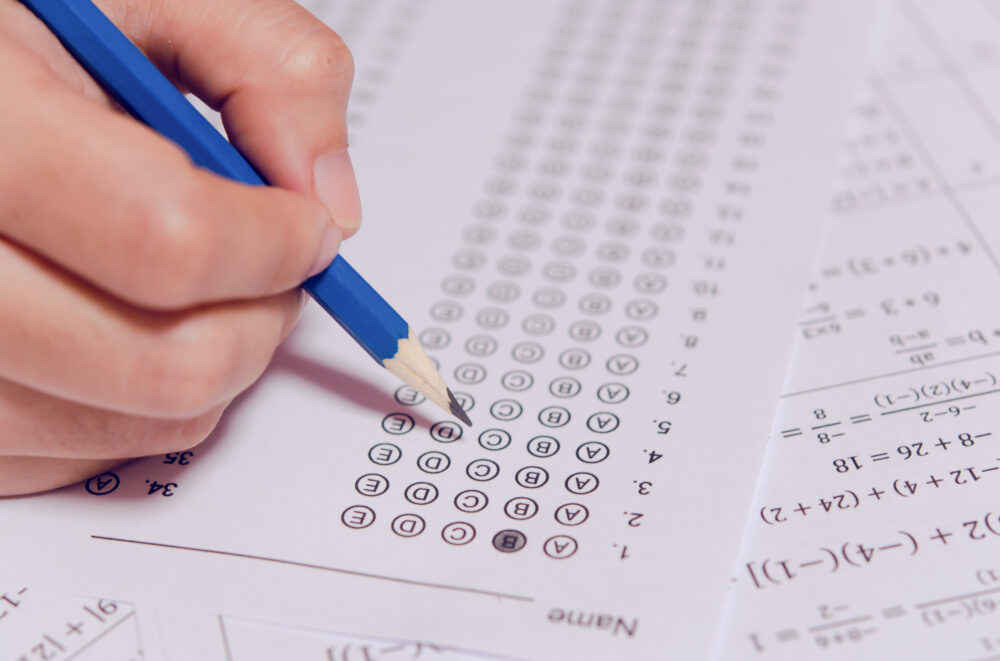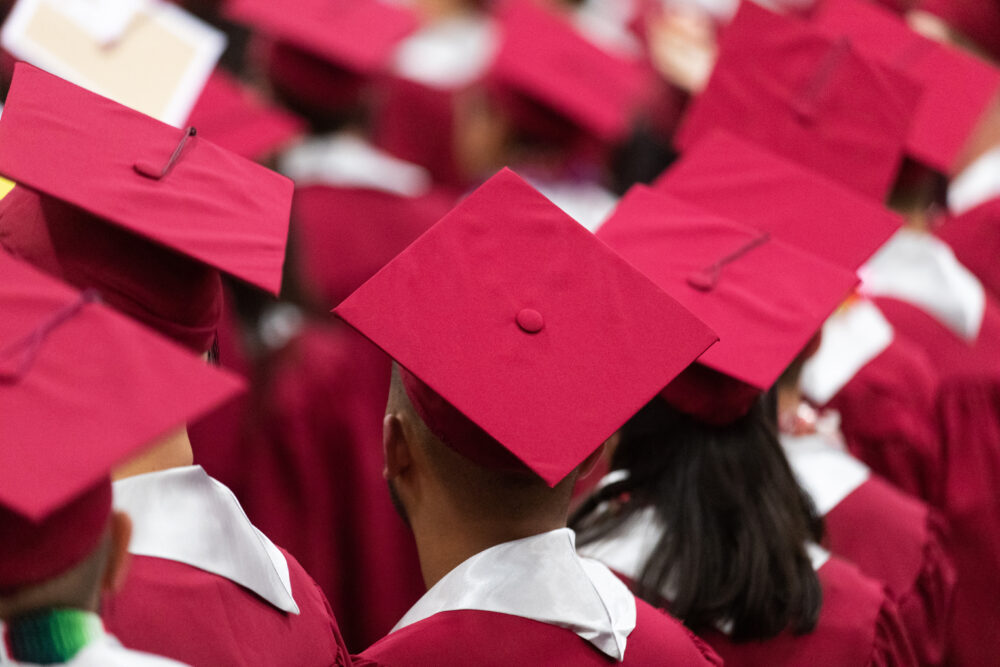100+ Organizations Call for Extended Eligibility for 12th Graders Aging Out in 2020
More than 100 education and advocacy organizations and over five dozen parents and educators from across New York State sent a letter to the New York State Board of Regents and the State Education Department, urging them to give students who are aging out of school this year the opportunity to return to high school for the 2020-21 school year, rather than lose their chance to earn a high school diploma because of COVID-19.

While more than 95% of students who graduate high school in New York State do so in four years, a small subset of students needs five or six years to complete the requirements for a diploma. Last summer, approximately 2,700 students statewide—more than three-quarters of whom were Black or Latinx—graduated in their sixth year of high school.
New York students who have not yet earned their diploma have the right to stay in school until the end of the school year in which they turn 21, and those who need this extra time to graduate have often overcome remarkable odds; they may be recently arrived immigrant youth who were learning English in addition to completing graduation requirements, students who dropped out for several years to work and help support their families, or students who spent time in foster care and changed schools frequently. The pandemic has now thrown their hard work into jeopardy.
Many students across the State—through no fault of their own—have been unable to engage in remote learning and will not earn course credit this term. For overage 12th graders, the consequences will be dire: without an opportunity to finish their coursework when schools reopen, they will simply age out without a diploma, making it much more difficult for them to access post-secondary opportunities and jobs especially at a time of surging unemployment rates.
“Prior to this pandemic, our students were already facing obstacles—financial, health, caretaking—yet they still strive to earn their high school diploma. Now those challenges are magnified. We need to be flexible, to support these students to achieve their goals,” said Rachel Forsyth, who manages school programs focused on serving older students for Good Shepherd Services.
Michael Rothman, Executive Director of Eskolta School Research and Design, a nonprofit that partners with New York City Department of Education programs serving overage and under-credited students, said, “The pandemic has put into stark contrast the opportunities that some students have and others do not in our education system. Students who are overage in high school are disproportionately Black, Brown, and low-income and are more likely to be losing jobs, losing loved ones, and losing learning amidst the pandemic. To tell these students that they will not graduate because they hit the age limit in the midst of this difficult this time would only add to this inequity. This is one loss the State can do something about.”
The groups are calling on the State to allow high school students to complete work from this school year at least until the end of summer 2021 and to allow students who are aging out of school in June 2020 to return for another year.
“In light of the unprecedented challenges posed by the pandemic, the State needs to extend the age of eligibility and ensure schools have sufficient resources to give this relatively small but exceptional group of young people the last chance they need to earn a high school diploma,” said Ashley Grant, a Supervising Attorney at Advocates for Children of New York and Coordinator of the statewide Coalition for Multiple Pathways to a Diploma.
-
May 11, 2020
-
May 11, 2020


